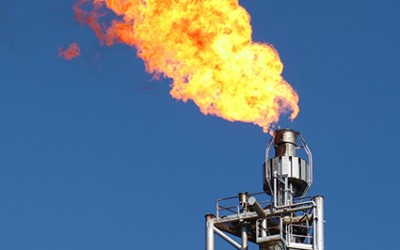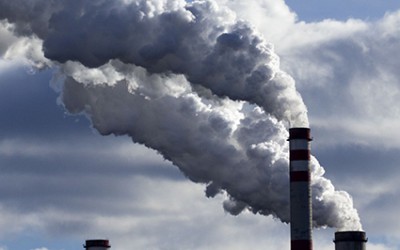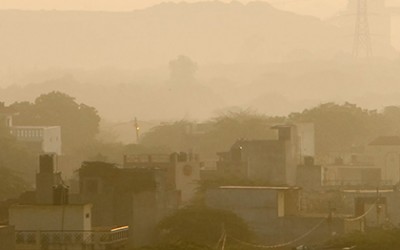Air Quality and Greenhouse Gases Program
The IIASA systems approach to air quality and greenhouse gas management is a unique example of a successful science-policy interface shaping global, regional, and national policies. Pioneering, interdisciplinary research into the interplay between rural and urban air pollution will provide the badly needed evidence to support measures that deliver local and near-term benefits while also contributing to global and long-term policy targets.
Objectives
- Develop an integrated approach relevant for urban policymakers in industrialized and developing countries, with intuitive user-interfaces for decision makers and stakeholders not trained in systemic air quality management.
- Quantify the interplay between urban and rural air pollution, considering the physical exchange of pollution in the atmosphere, diversity in emission sources, health impacts, and social factors.
- Analyze the drivers and sources of air pollution and their impacts on design policy interventions that deliver benefits to different social groups and economic sectors.
- Establish a new urban management tool for practical policy analyses in a variety of cities in industrialized and developing countries.
- Connect the new urban analysis tool with the global Greenhouse Gas and Air Pollution Interactions and Synergies (GAINS) tool to explore the regional and global effects of urban decisions.
- Quantify the contributions of specific policy interventions in achieving the UN Sustainable Development Goals.





